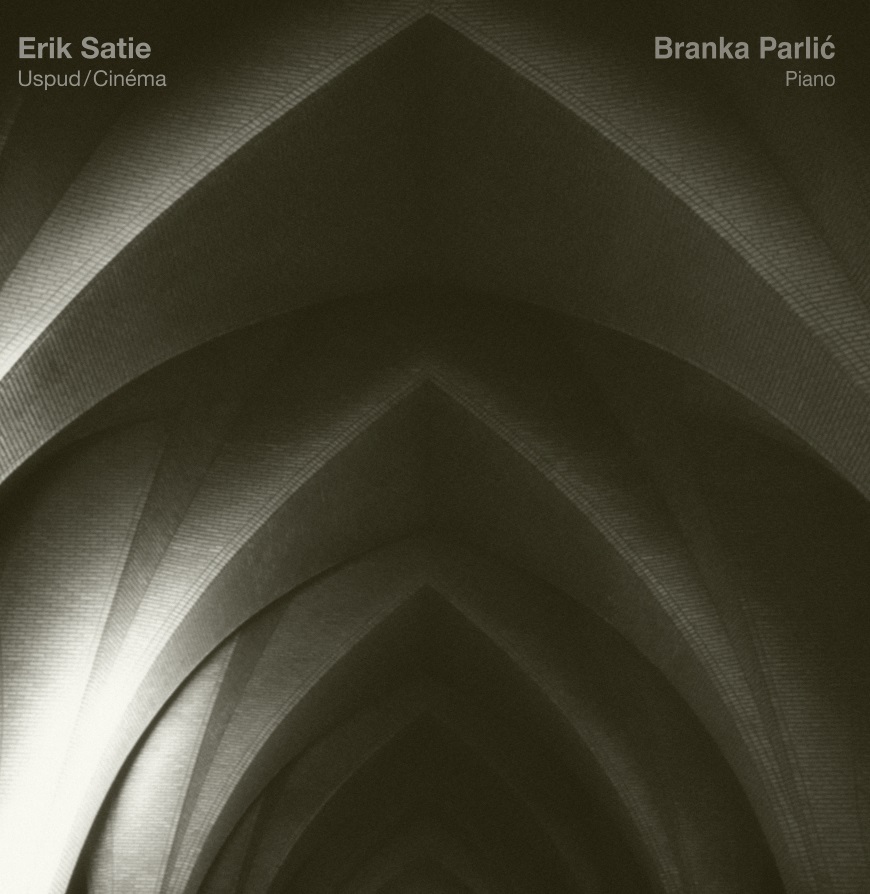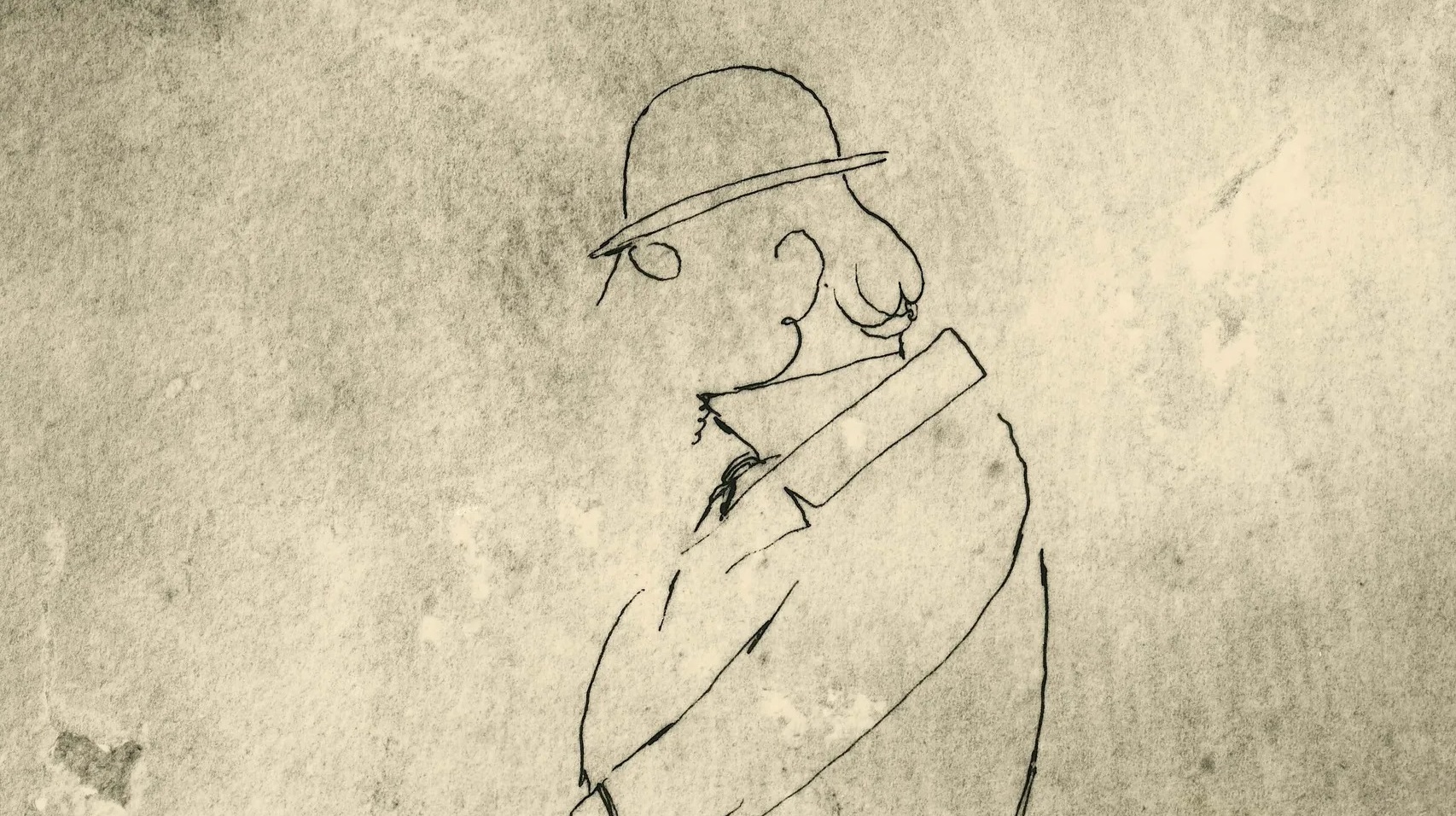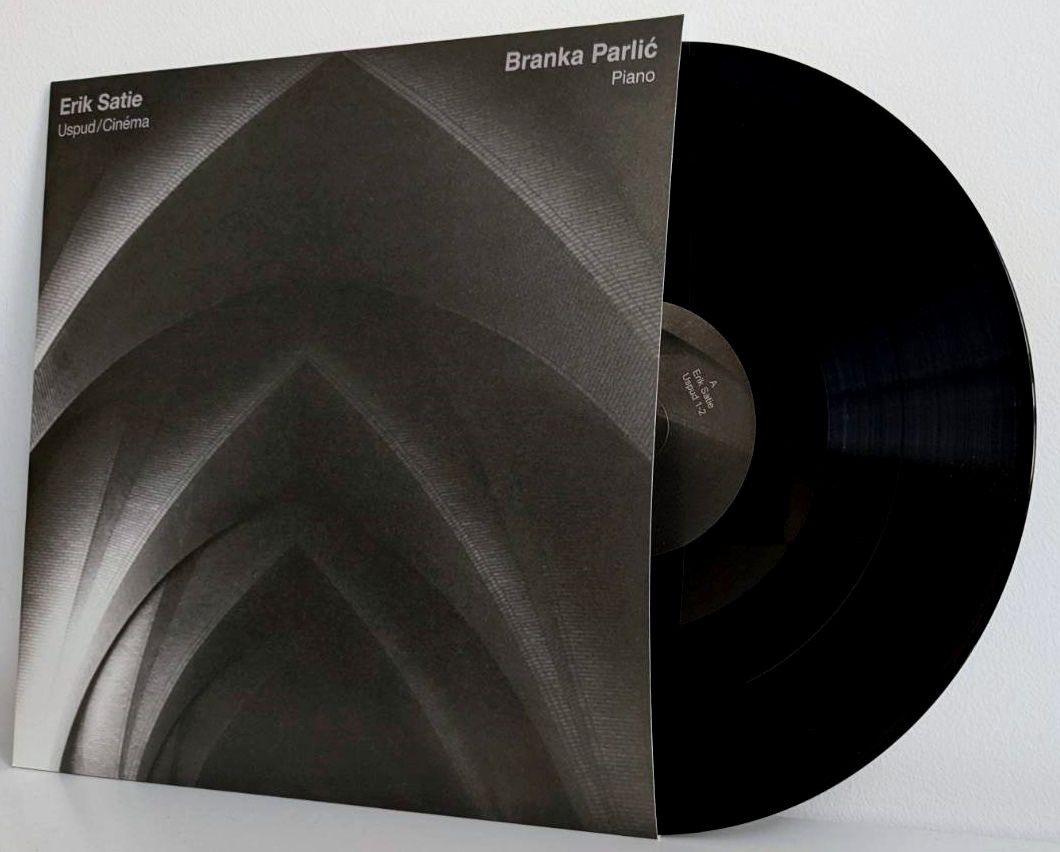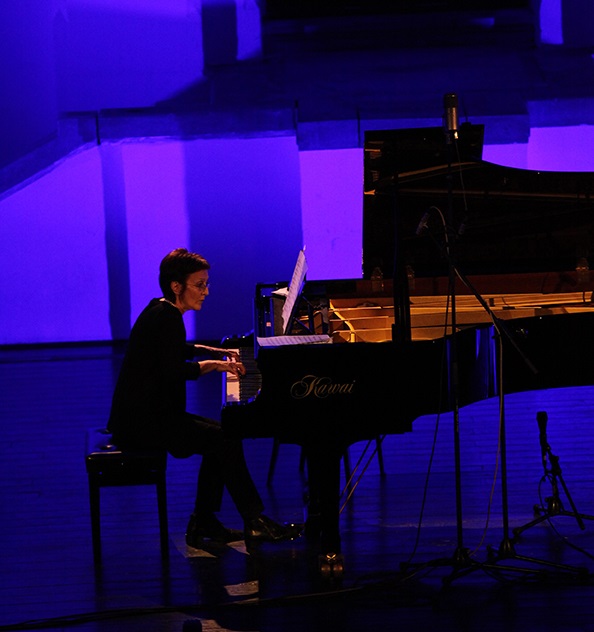GOD 74
Erik Satie
Uspud / Cinéma
LP
Erik Satie
Uspud / Cinéma
LP

Branka Parlić, Piano


order
here
GOD Records is very happy to
present its first release from the
controversial composer with cult status, Erik Satie. He influenced not
only the entire musical language of John Cage but also an entire
generation of 20th and 21st -century composers, whose influence remains
noticeable today.
This unique release presents two of his rather obscure and lesser-known, but unique pieces, both composed for visual arts: a movie (Cinéma) and a ballet (Uspud).
Renowned Serbian pianist Branka Parlić,
famous for her interpretations not only of Satie's works but also of other minimal composers like Philip Glass and Gavin Bryars,
shares some of her impressions about the pieces:
"Cinema is the first example of music scored explicitly for film, frame-by-frame.
These facts really interested me, so I started working on it. So far, I have performed Cinema live-to-film Entr'acte many times as part of my concerts. Uspud is a less communicative three-act Christian ballet written for a shadow play back in 1892. This timeless, mystical work drew me in on the first reading, and I was delighted to work on it. Satie offered this piece to the director of the Paris Opera, and after he was rejected, he declared: 'I believe in the appearance of Uspud at the Opera for the winter of 1927, or no later than 1943.' The meaning of the word Uspud is still not fully clarified."

This unique release presents two of his rather obscure and lesser-known, but unique pieces, both composed for visual arts: a movie (Cinéma) and a ballet (Uspud).
Renowned Serbian pianist Branka Parlić,
famous for her interpretations not only of Satie's works but also of other minimal composers like Philip Glass and Gavin Bryars,
shares some of her impressions about the pieces:
"Cinema is the first example of music scored explicitly for film, frame-by-frame.
These facts really interested me, so I started working on it. So far, I have performed Cinema live-to-film Entr'acte many times as part of my concerts. Uspud is a less communicative three-act Christian ballet written for a shadow play back in 1892. This timeless, mystical work drew me in on the first reading, and I was delighted to work on it. Satie offered this piece to the director of the Paris Opera, and after he was rejected, he declared: 'I believe in the appearance of Uspud at the Opera for the winter of 1927, or no later than 1943.' The meaning of the word Uspud is still not fully clarified."